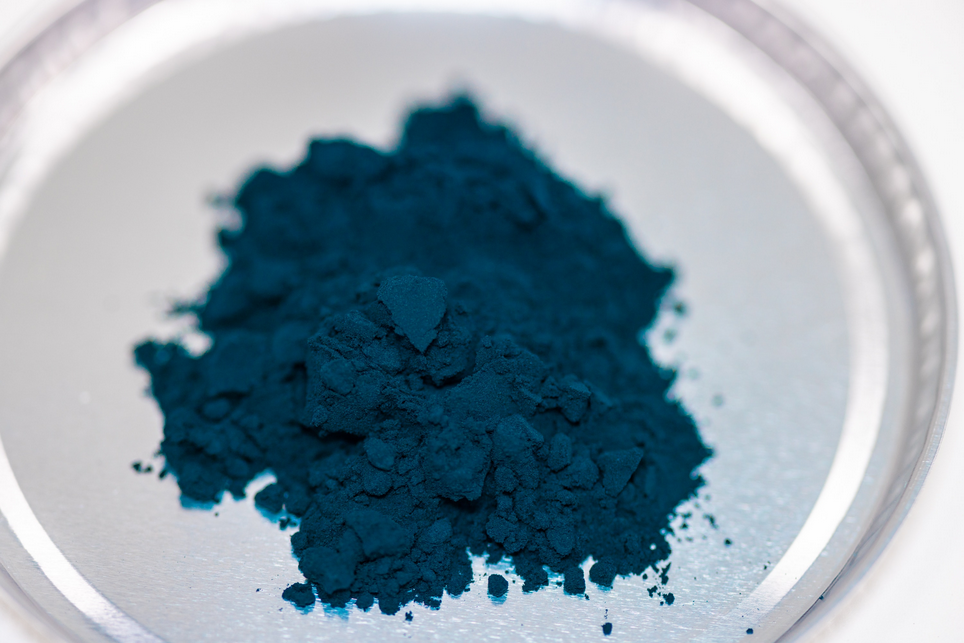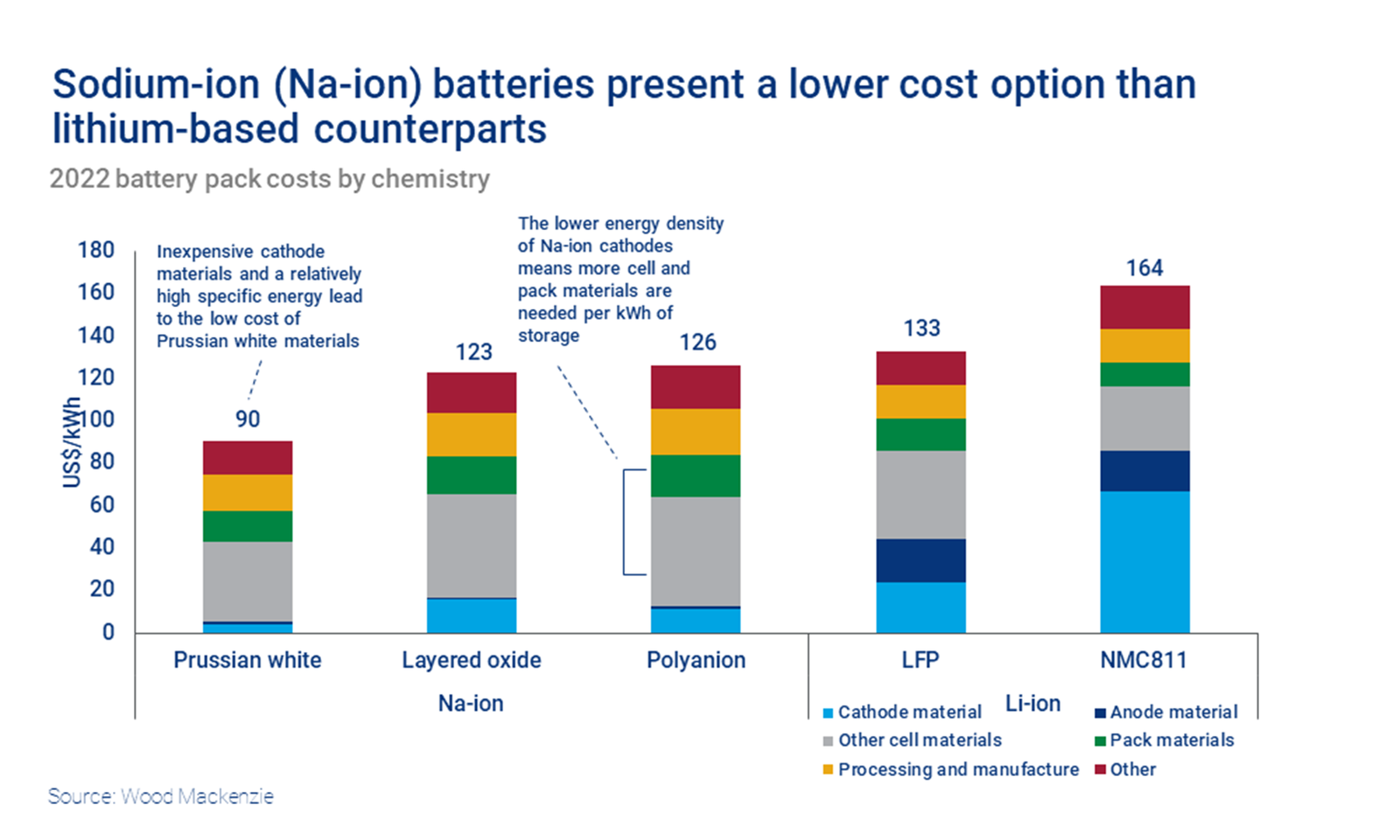The sudden interest in sodium ion batteries is due to China’s dominance in the lithium ion battery market, where it controls the supply and processing. China also has a strong hold on battery components, cells, packs, and other aspects of battery production for electric transportation and energy storage, which are crucial for reducing carbon emissions.

Sodium is easily accessible and affordable because it is widely available globally. Unlike other batteries, sodium ion batteries do not rely on scarce materials such as cobalt, manganese, or nickel.
Northvolt surprised everyone on November 21, 2023, by revealing their breakthrough in developing a top-notch sodium ion battery. This innovation has the potential to revolutionize the global energy storage industry with its cost-effective and eco-friendly capabilities.

The company has confirmed that its sodium ion battery cell has an energy density of more than 160 watt-hours per kilogram, based on testing at its facility in Sweden. Additionally, the company has revealed plans to build a new battery factory in Canada.
Northvolt has developed a cell that is safer, cheaper, and more environmentally friendly compared to traditional NMC or LFP chemistries. The cell is made from easily accessible minerals like iron and sodium and uses a hard carbon anode and a Prussian White-based cathode. It does not contain lithium, nickel, cobalt, or graphite.

Northvolt has announced that it intends to be the first to bring Prussian White-based batteries to commercial markets, thanks to advancements in battery design and manufacturing. The sodium ion technology has been developed in collaboration with Altris for their next-generation energy storage solutions. This technology is particularly appealing for energy storage in emerging markets like India, the Middle East, and Africa due to its low cost and high temperature safety.
Northvolt’s initial sodium ion cell is primarily intended for energy storage, but future generations will have higher energy density, potentially making electric mobility solutions more affordable.
Reference- Financial Express, Clean Technica, Northvolt Newsroom, The Verge, Electrek






